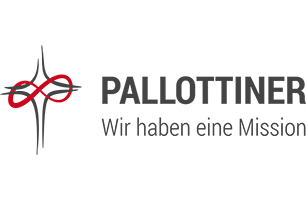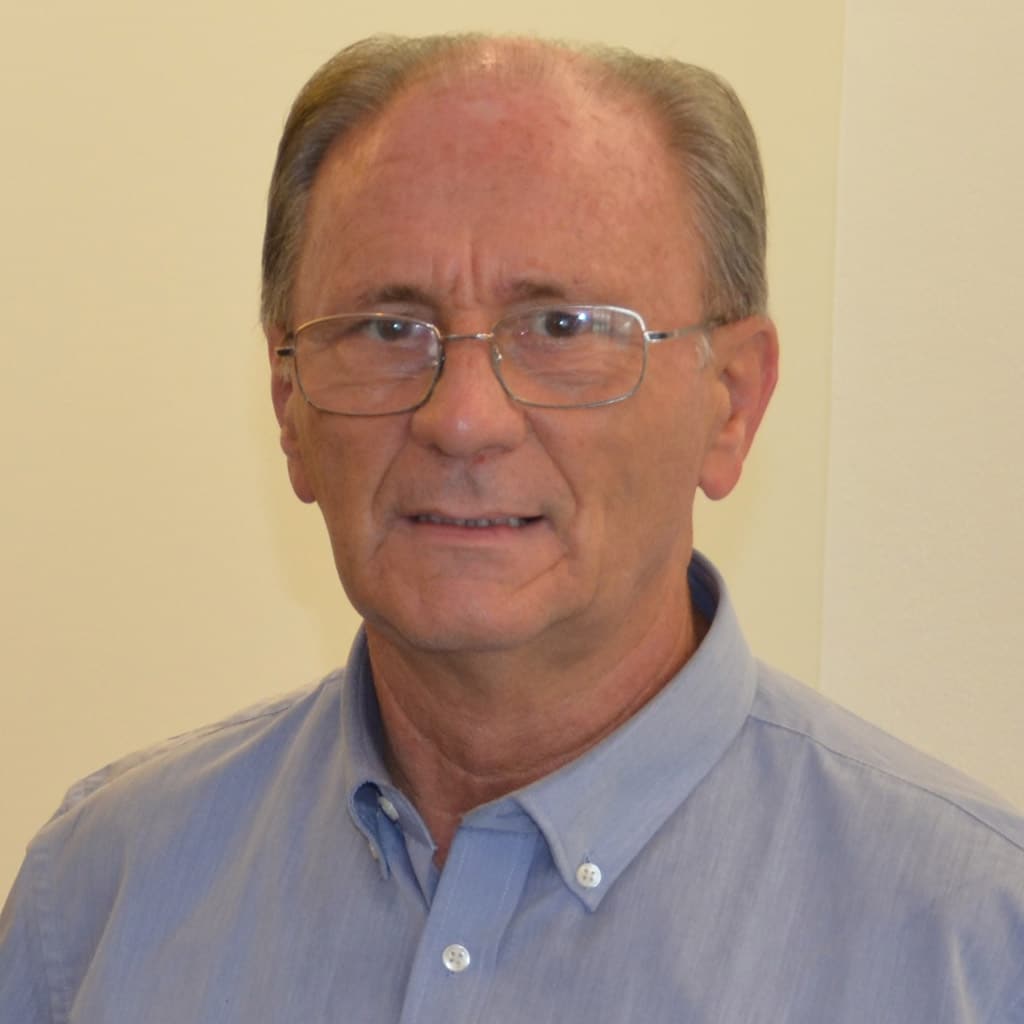In the memory of
Fr. Peter Hillen SAC
On Saturday, July 18th, 2020, our Confrere Fr. Peter Hillen SAC died in Limburg at the age of 68, after 42 years of profession and 41 years of priesthood.
Peter Hillen was born on June 29th, 1952 as second sun to Josef and Hildegard Hillen in Schauren, Germany, close to the river Mosel. He had an older sister and brother. His father’s little shoemaker’s workshop gave room for the whole population of the town, thus influencing Peter’s childhood as did the surrounding landscape the Middle German Uplands, an area Peter loved dearly.
He started primary school in his hometown in 1958, then changing to secondary school in Zell a town in his home area. It was already in Schauren when Peter firstly made contact with the Pallottine’s mission. Fr. Fürbaß SAC especially inspired him and brought him to the Pallottines: In 1969 he joined boarding school in Limburg attending grammar school in Hademar, where he finished his A-levels in 1971. After finishing school, he joined the noviciate in Untermerzbach and started studying philosophy there. From 1975 to 1979 he studied theology in Vallendar. On March 11th, 1979 he and three other confreres were ordained priests by Bishop Manfred Gottschalk SAC at the Vallendar parish church. It was as early as during his pastoral year in Augsburg, when one could clearly see his dedication for working with young people. A dedication that showed even more in his time as a chaplain in Hamburg. Even though Fr. Hillen is often valued as being shy he is still being characterized as affable. He is someone who wants to make contact, who wants to be close to peo-ple. This won’t change in his future to come.
Called by Fr. Werner Meyer who is about to open a vocation pastoral in Cameroon, he is sent to Cameroon on January 6th, 1985. A new life is about to start.
Thus being challenged by the French language at first, he puts all his energy and his strong will into the Cameroon mission. Most of his eight years as chaplain in the Pallottine parish of Nlongkak in Yaoundé, he actively works in pastoral care. For him, this involves “being with people”. Apart from that he is also postulant’s master at Elat-Minkom, he oversees the eight boarding houses in the Archdiocese, which are all being renovated on his demand and being spiritually reframed by him. He succeeds in arousing the vocation pastoral in Cameroon as national chaplain of “Jeunesse du Monde” and as spiritual companion to many other youth groups. He was especially delighted, when, in 1993, the first native Pallottine confrere was ordained priest. If it had not been for him and his achievements, such a quick growth of the Pallottine community in Cameroon would not have been possible.
All this makes Fr Hillen stretching to his limits again and again, his own limits and those of his co-workers. He is feeling lonely and complaining about resistance. Describing the year 1997, he writes: “I was at the end of my tether!“ During a sabbatical year in Germany and a training course in
Cliftonville/ Britain, he can recover once more.
Thus having regained his strengths, he is starting all over again: setting off for South Africa and revitalizing things there. Starting in 1999, he dedicates himself to the Pallottine vocations in South Africa. People remember that his question always was: “Where are you churching?” and thus interested young men in the Pallottine spirit.
He builds the house of studies in Merrivale, suffering from sleepless nights again. It is already here, where he gets in contact with students from Malawi and Nigeria who want to become Pallottines.
In 2001 he pays his first visits to Malawi and Nigeria. It is in his charisma to focus on connecting with everyone, everywhere; bishops, local priests, people looking for life. His visits truly found Pallottine life in Malawi.
In 2007 he is taking one more important step: Fr Hillen decides on going to Nigeria. He succeeds in sprouting the Pallottine idea with the help of Monsignore Martin Ezeokoli who brought Vincent Pallot-ti’s ideas to Nigeria’s youth.
He is doing this in his own way: he involves different priests in the South-East of Nigeria. He works in different places. As it happens, he comes to Mbaukwu where he can shortly knot a bond of trust to the local priest and to the local king – Igwe Peter. The “White Man” as they call him, impresses peo-ple by not considering himself too good for anything. He digs land, eats Nigerian food, learns the local language very quickly and is where he wants to be again: with people. Every day he strolls through town, visits the market, the families in their houses. It’s the street where he enjoys being a priest. He likes being different from what people are used to: Peter isn’t above anyone. That’s what people feel, and they approach him with their worries and sorrows. Countless wells, oil mills, houses and other aid schemes evoke from his commitment and his line of supporters in Germany.
In Awka Diocese Fr. Peter attends every diocesan gathering. He is always present to family events of the conferes and knows their homes. He knows lay people by name. The people love and admire him. He is kind of a founder for the confreres. He builds the house in Mbaukwu, the water fabric, the retreat house, the house of studies in Owerri. Restlessly he is planning, building, creating. His exam-ple shows what it means being a Pallottine. The young confreres watch him pray and work. Yet, you cannot go on a car ride with him, there he is too impatient, it’s always too slow.
“Ichie Ozioma” remains his title of honor. This is a title not involving differentiation or foreignness. It involves the high value and love of the Nigerians in Mbaukwu, and even further: he is one who really means what he says, even though he is white he is one of us. He was proud when his friend, Igwe Peter Anugwu, made him one of his cabinet ministers in 2017. This is a big honor, proving: Fr. Peter Hillen really made it to Nigeria.
When he returned to Germany for reasons of health in 2017, no one would have expected that he never would not see the country again. He has always been desperately expected.
In the middle of the cherry harvesting season he was snatched from his life. May the Lord of Harvest, as we pray in our Pallottine vocation prayer, house his faithful servant.
The Eucharist will be held on July 29th, 2020 at 10.30 am at the Pallottine Church of St. Marien in Limburg, Germany. Subsequently, the funeral will take place at the churchyard of the Mission House.
Participation can only be allowed following the current restrictions. The church offers 60 seats max. Due to current Corona regulations in Hess and in the area of the Limburg Diocese, name, address and phone number of each participant have to be noted down. We therefore ask you to send these data to mami@pallottiner-missionshaus.de, we will get back to you until July 27th,2020, letting you know if you can attend the church service or the funeral on the churchyard only. If you don’t register beforehand, you will have to register on an attendance sheet on-site and you will only be able to attend the funeral on the churchyard. We are asking for your understanding and help.
Recommended











